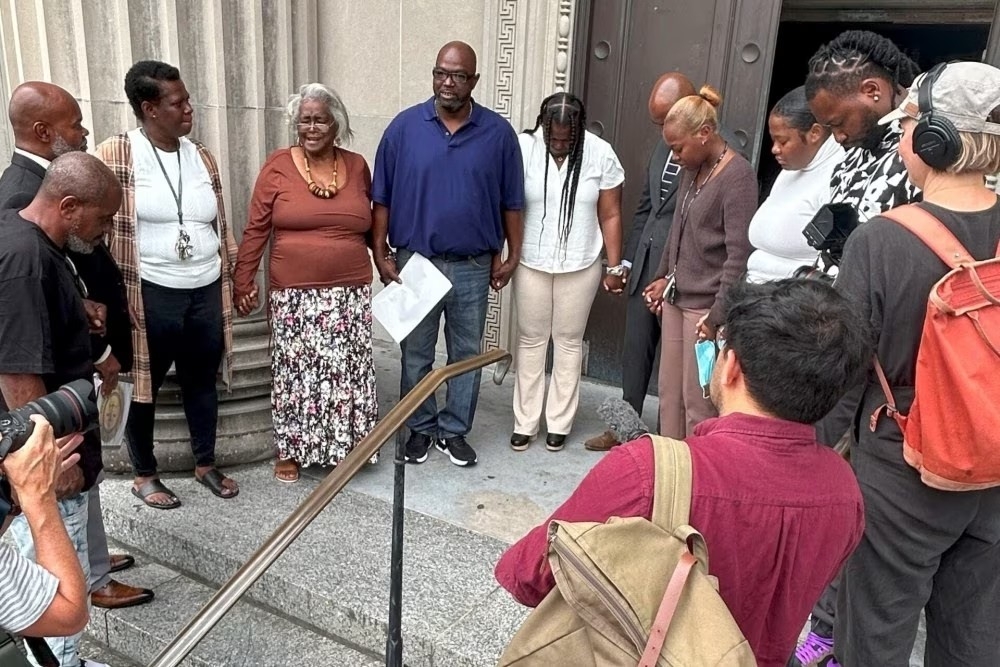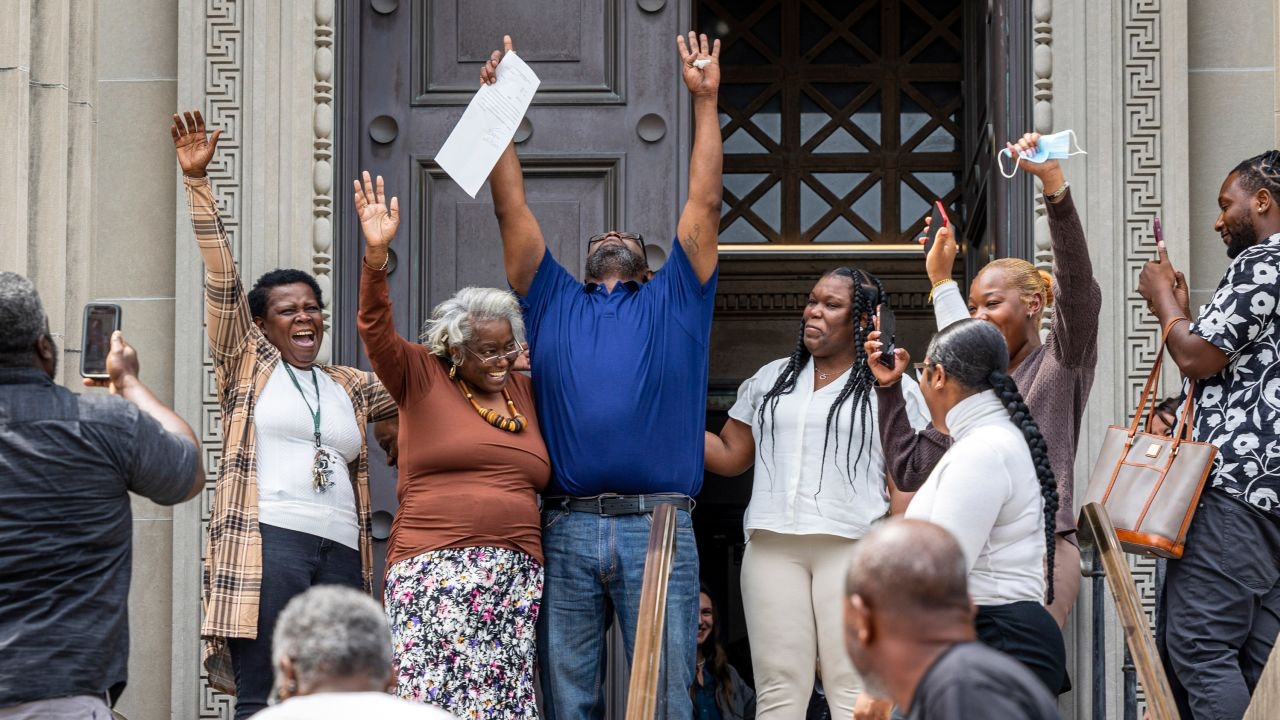Patrick Brown, a Louisiana man who spent nearly three decades behind bars for a crime he didn’t commit, is finally free. Despite the euphoria of release, his transition to life outside prison hasn’t been entirely smooth. As he forges a new path in an unfamiliar world, he is grappling with the knowledge that his battle for justice is far from over.
On May 8, 2023, Brown emerged from the Orleans Parish courthouse in New Orleans, a free man. He had been imprisoned for 29 years for a rape even the victim – his then six-year-old stepdaughter – insists he never committed. He had pled not guilty in his 1994 trial, but without the victim’s testimony, Brown was convicted.
Despite multiple pleas by Brown’s stepdaughter to the District Attorney’s office under former administrations, calling for a case review and prosecution of the actual perpetrator, the wheels of justice remained stuck. However, the office’s Civil Rights Division, launched by current District Attorney Jason Williams, initiated an investigation this year. The evidence matched the victim’s account, and a judge eventually vacated Brown’s conviction.

Experiencing freedom for the first time in 29 years was a surreal moment for Brown. The sensory impact of the world outside prison was overwhelming. Changes within the city, such as buildings with “different bricks,” surprised him. His family, too, had changed. Many had moved to different states following Hurricane Katrina. As he familiarized himself with new family members born during his imprisonment, he also encountered modern advancements, like cars that start without keys.
Now residing in Houston with his daughter Kimberly and her family, Brown is adapting to changes in technology and lifestyle. He proudly handles his iPhone 14 Pro Max, even though he’s still learning how to use it. New experiences such as walking into a Target store bring both wonder and an instinctive sense of caution, a relic from his years of constant surveillance in prison.
Nevertheless, Brown is enjoying the small pleasures that come with freedom, like cooking a meal he had read about years ago in a newspaper. He speaks about his newfound privacy with a sense of relief, describing how his body just “melts” into the softness of a large bed.
The moments of joy, however, are tempered by the weight of what he missed. As he relished Mother’s Day with his mother and danced with her, he was reminded of the opportunities he lost: witnessing his daughter’s first day at school, hearing her first words, seeing her graduate and get married.
Though Brown is now free, his fight for justice continues. Louisiana law allows for the wrongfully convicted to seek compensation up to $400,000, paid out at $40,000 annually. However, to get this compensation, Brown must prove his factual innocence once more to a court, presenting clear evidence that he did not commit the crime for which he was wrongfully convicted.
Attorney General Jeff Landry has historically challenged these petitions, approving only two since taking office. This record has drawn criticism from District Attorney Jason Williams and advocates like Zac Crawford, a staff attorney with Innocence Project New Orleans, who argue that this system creates a “double injustice.”
While Brown looks forward to rebuilding his life, what he desires more than compensation is a reform in the justice system – a system that listens to victims and is diligent in its pursuit of the truth. He hopes for a future where no other family has to endure what his did.
“They let me down for 29 years. I lost a lot that I can’t ever get back,” Brown said. “Let’s not have another Patrick Brown.” He might be out of prison, but his story serves as a grim reminder of the grave cost of wrongful convictions and the continuing struggle for justice, even after freedom is won.
©world-news.biz
